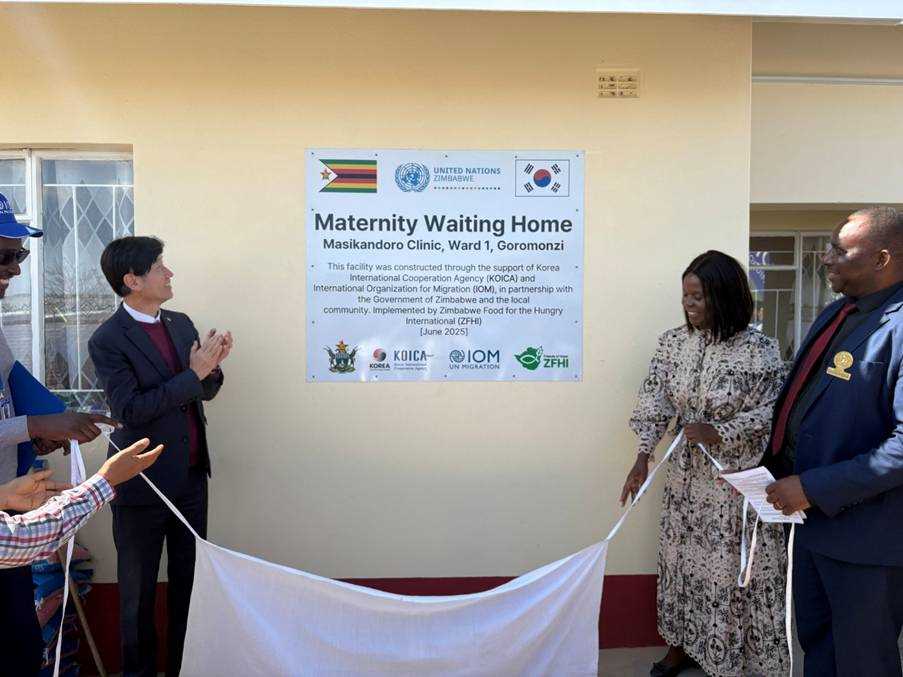
South Korea’s quiet but consistent engagement with Zimbabwe is one of the most under-told diplomatic success stories on the continent. While the numbers may not yet match the headlines generated by bigger partners, the relationship between Harare and Seoul is rich with untapped potential — from education and culture to trade, technology and people-to-people exchange.
Since establishing diplomatic relations in 1994, the two countries have steadily built bridges through the Embassy of the Republic of Korea in Harare. Under Ambassador Park Jae Kyung, the embassy has been active in supporting health, education and community projects, including donations of medical equipment, smart-classroom initiatives, and support for WASH (Water, Sanitation and Hygiene) programmes. These interventions speak directly to Zimbabwe’s Vision 2030 agenda — practical, people-centred cooperation that quietly changes lives.
Beyond development aid, Korea’s soft power shines brightly. From K-pop and taekwondo competitions to art and children’s drawing contests, the Embassy’s calendar brims with cultural exchanges that have endeared the Korean brand to Zimbabwean youth. Samsung — one of the most popular smartphone brands in Zimbabwe, holding over 43 percent market share — has become an everyday symbol of this connection, showing how Korean innovation already powers much of daily life.
Yet, the economic relationship still sits on a modest base. In 2024, Zimbabwe imported goods worth about US$12 million from Korea and exported roughly US$20 million, mostly in raw materials. Total Korean investment in Zimbabwe remains below US$5 million — small compared to the scale of opportunities available. The good news? That leaves enormous room for growth.
Related Stories
For ordinary Zimbabweans, this is not a distant diplomatic story but an open door. The Global Korea Scholarship (GKS) programme offers full funding for university study in Korea, while short-term exchange and training programmes run through KOICA. Young professionals can apply online or through the embassy website. Entrepreneurs can follow @Kor_Emb_Zim on X for trade fairs, innovation grants and business-matchmaking events. Churches and youth groups are already connecting through Korean missionary volunteers — a growing community of young Koreans working in local schools, clinics and communities.
Language need not be a barrier. Many young Koreans speak English fluently, and with translation apps and social media, collaboration has never been easier. What matters now is curiosity — the willingness of Zimbabweans to engage, learn, and explore what this friendship can become. The foundations are firm, the goodwill is strong, and the potential is, quite literally, unlimited.










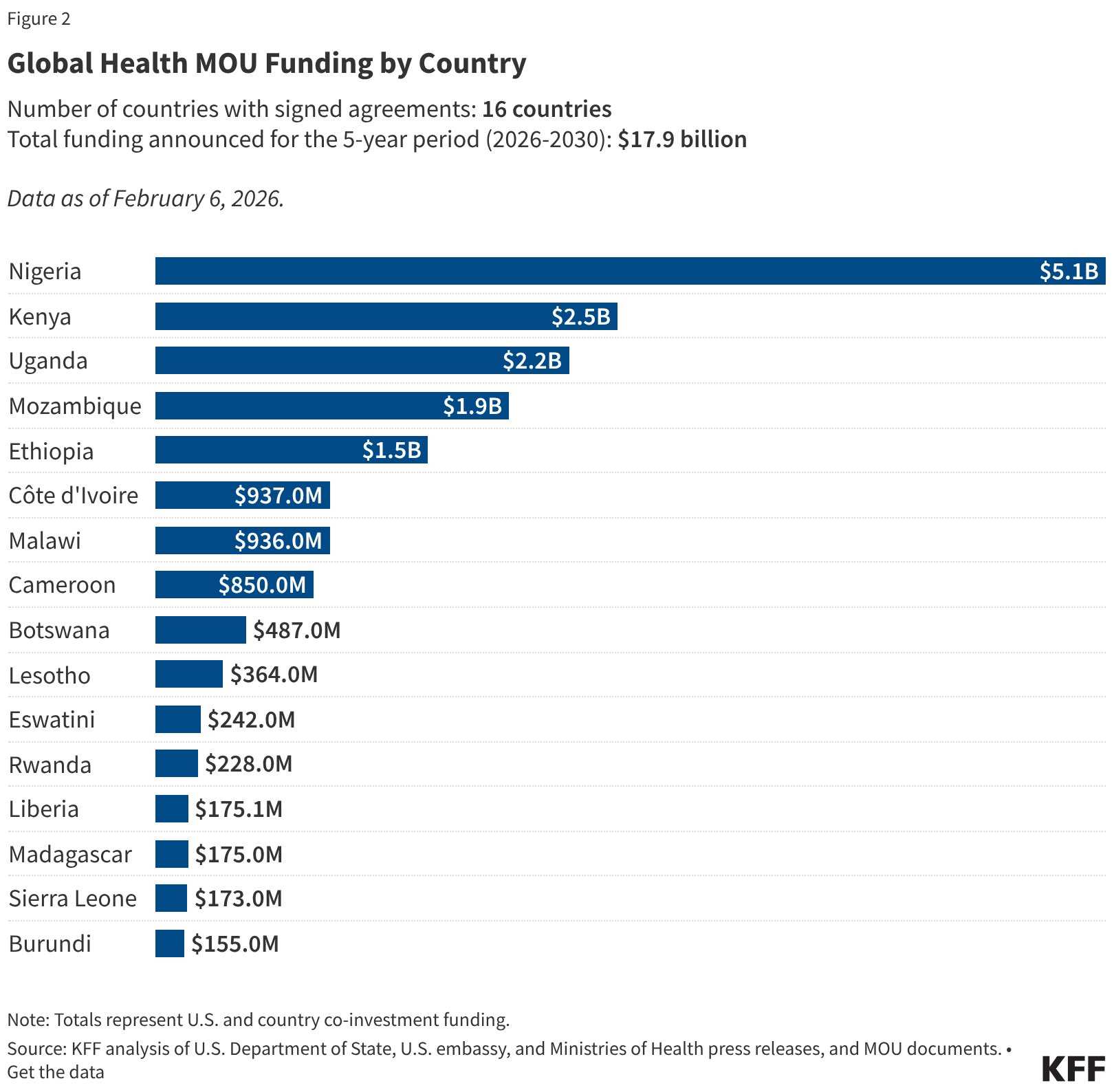
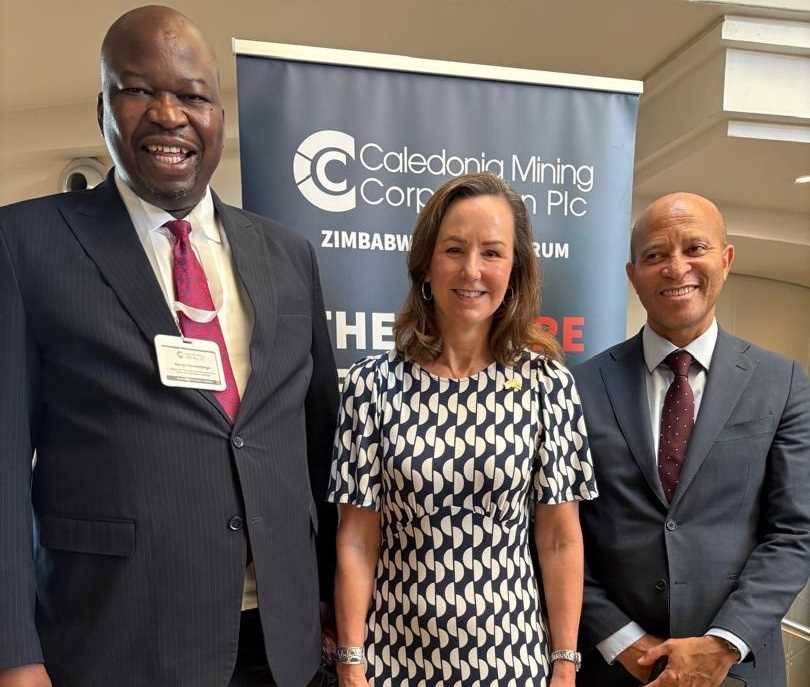
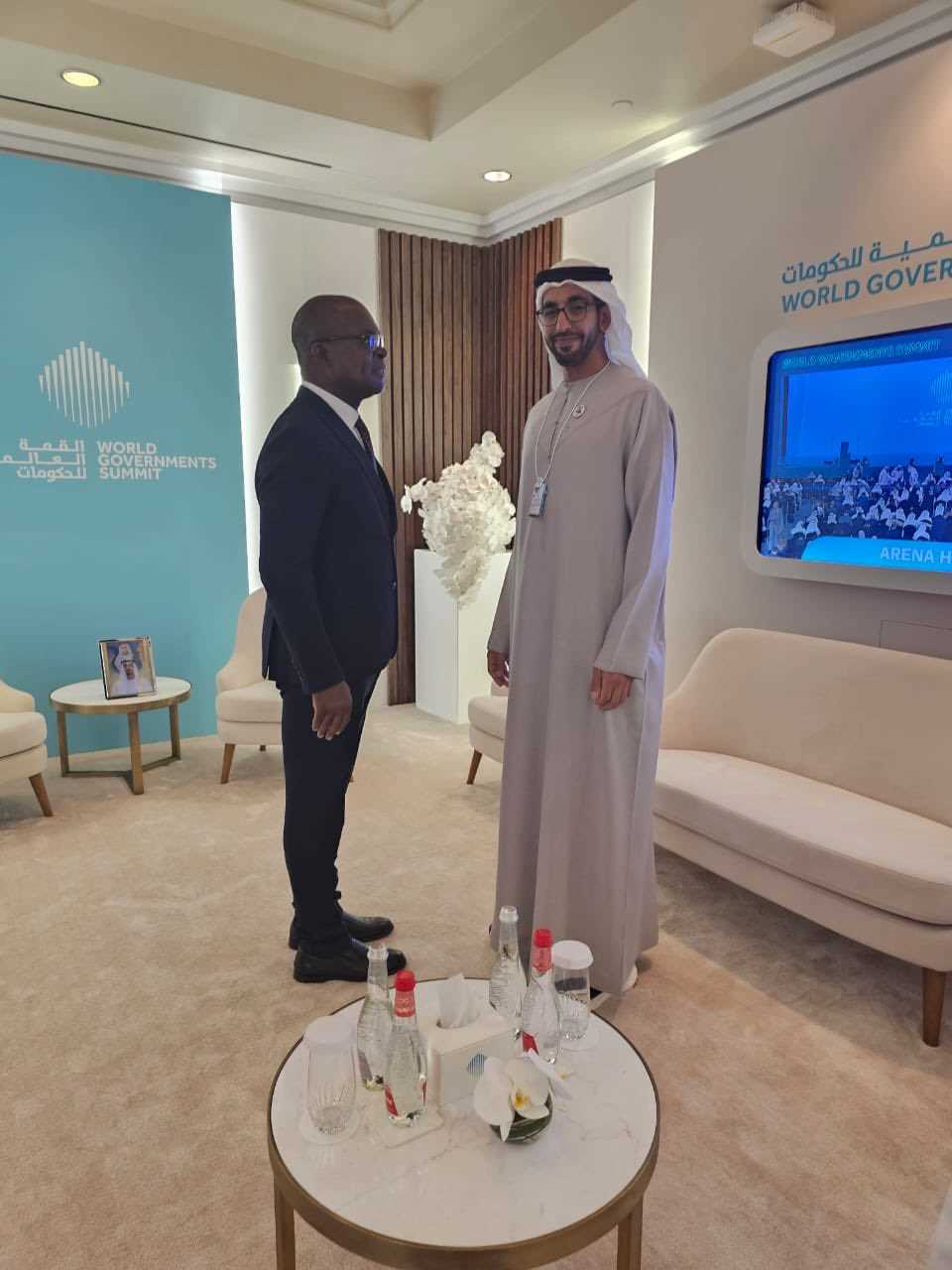

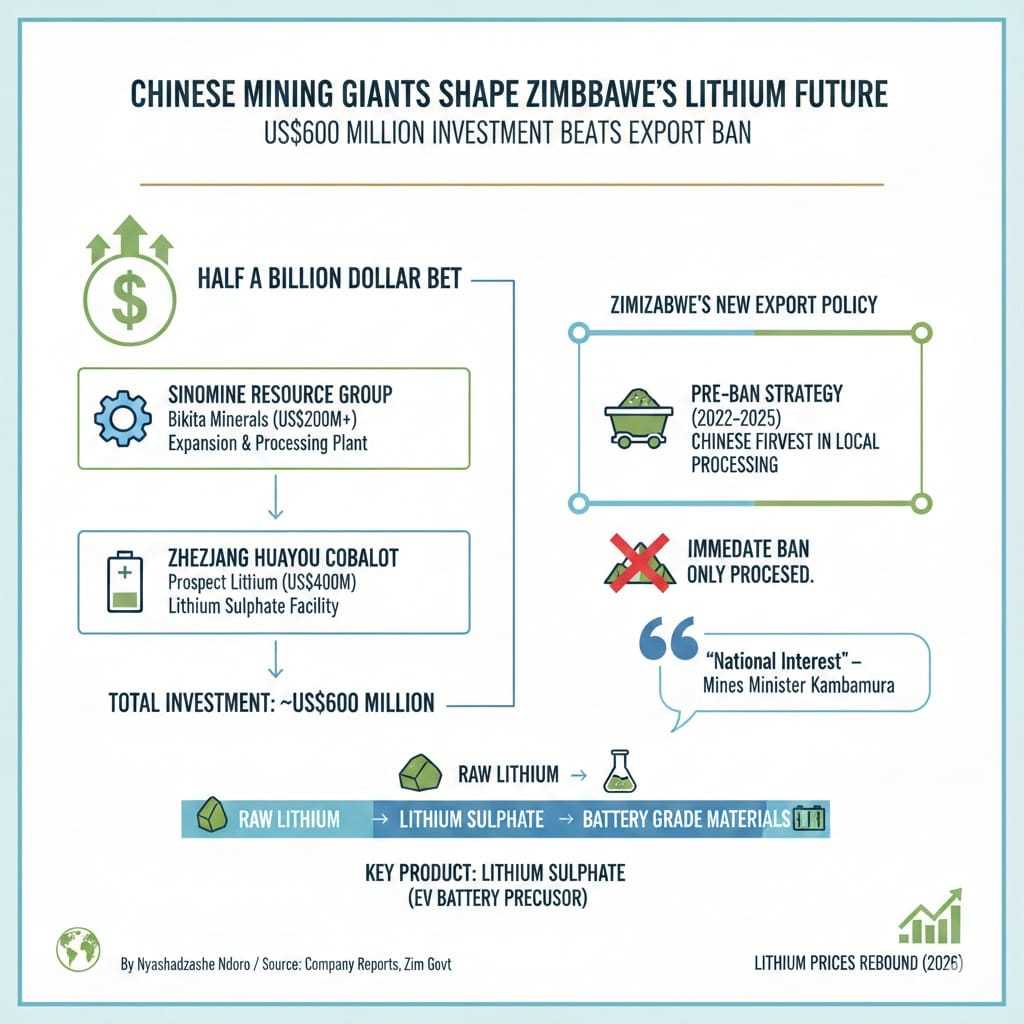


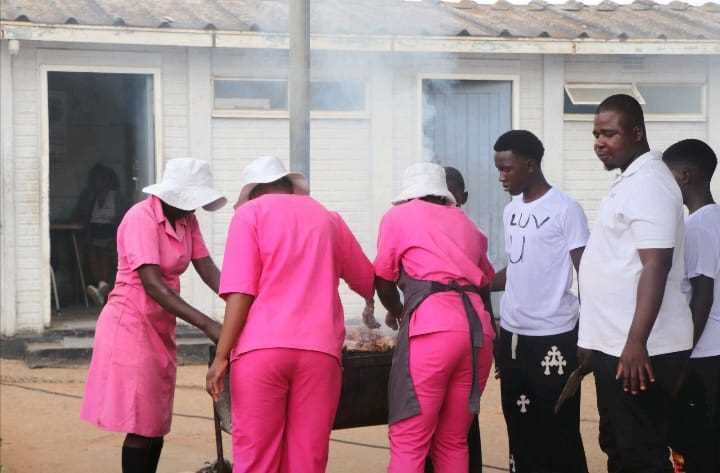


Leave Comments